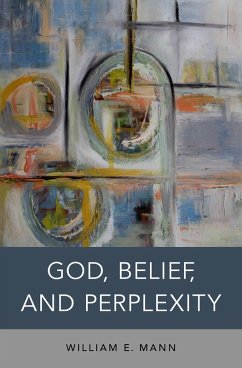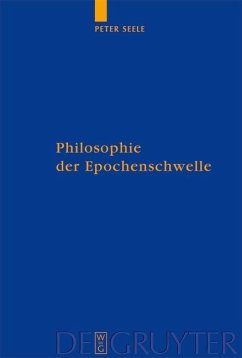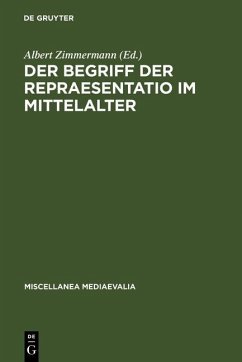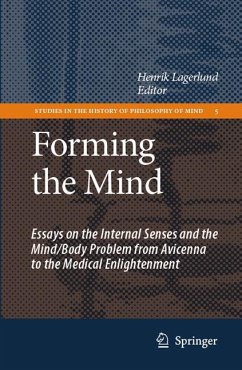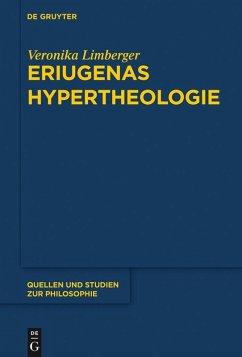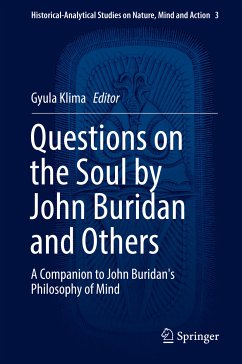
Living Without Why (eBook, PDF)
Meister Eckhart's Critique of the Medieval Concept of Will

PAYBACK Punkte
17 °P sammeln!
What does it mean to "live without why"? This was the advice of Meister Eckhart (ca. 1260-1328), both in his Latin treatises to philosophers and theologians and in his German sermons to nuns and ordinary lay persons. He seems to have meant that we should live and act out of justice or goodness and not in order to gain some reward for our deeds. This message was received with indignation by the Church hierarchy and was condemned by the Pope in 1329. How did Eckhart come to formulate it? And why was it so controversial? John M. Connolly addresses these questions by locating Eckhart's thinking ab...
What does it mean to "live without why"? This was the advice of Meister Eckhart (ca. 1260-1328), both in his Latin treatises to philosophers and theologians and in his German sermons to nuns and ordinary lay persons. He seems to have meant that we should live and act out of justice or goodness and not in order to gain some reward for our deeds. This message was received with indignation by the Church hierarchy and was condemned by the Pope in 1329. How did Eckhart come to formulate it? And why was it so controversial? John M. Connolly addresses these questions by locating Eckhart's thinking about how to live within the mainstream synthesis of Christian and classical thought formulated in the High Middle Ages. He calls the classical Greek moral consensus "teleological eudaimonism," according to which correct living coincides with the attainment of happiness (eudaimonia). This involves living a life marked by the practice of the virtues, which in turn requires a consistent desire for the correct goal in life. This desire is the core notion of will. In late antiquity Augustine drew on this tradition in formulating his views about how Christians should live. This required grafting onto classical eudaimonism a set of distinctively scriptural notions such as divine providence, original sin, redemption, and grace. In the 13th century these ideas were systematized by Thomas Aquinas in his will-centered moral theology. Eckhart claimed that this tradition was profoundly mistaken. Far from being a wild-eyed mystic or visionary, he argued trenchantly from classical philosophical principles and the Christian scriptures. Connolly proposes that Eckhart's views, long obscured by the papal condemnation, deserve reconsideration today.
Dieser Download kann aus rechtlichen Gründen nur mit Rechnungsadresse in A, B, BG, CY, CZ, D, DK, EW, E, FIN, F, GR, HR, H, IRL, I, LT, L, LR, M, NL, PL, P, R, S, SLO, SK ausgeliefert werden.




